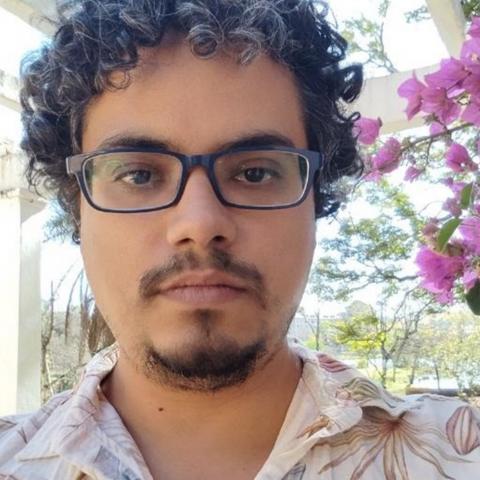The project aims to study the International Food and Agribusiness Management Association (IFAMA), inquiring about its social relevance in sharing economic interests, sociability networks and symbolic references that have shaped the political agenda of the so-called agribusiness in Brazil and Argentina. Beyond its North American origins, IFAMA has articulated in Brazil and Argentina both academic leaders (PENSA/USP and PAA/UBA), as well as associative leaders (ABAG, ÚNICA, AAPRESID, AACREA) and national state agencies (ministries, regional governments, Embrapa, INTA). Therefore, it is of interest to understand the role of IFAMA in the construction not only of the association of international economic interests inscribed in the main agro-industrial chains of the Southern Cone, but also in its contribution as a space for sharing ideas and worldviews that have facilitated and socially justified the expansion of the so-called "agribusiness model", with the cases of Brazil and Argentina as the main focus of study. In dialogue with Gramsci's writings on hegemony and Pierre Bourdieu's theory of symbolic power, the following methodological procedures of qualitative research will be carried out: bibliographic review on related topics; research and critical studies of primary and secondary sources; and semi-structured interviews. Thus, it is expected to elucidate and highlight the role of this international scientific network of agribusiness intellectuals that seems to have great social and political prominence, which nevertheless is still poorly visible and known by the specialized critics in the study of the development and affirmation of this model of agroindustrial production.


